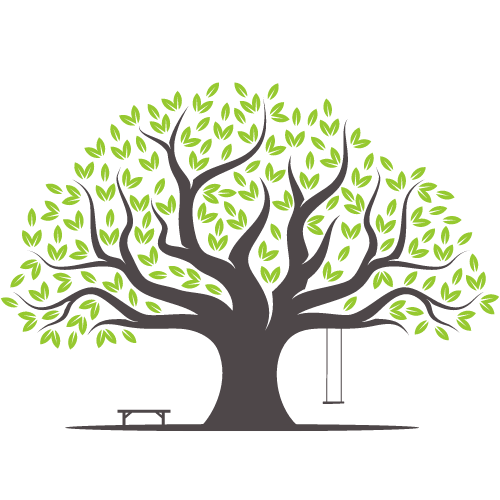What’s in a name?: The need for a language overhaul of the ADH Neurotype
So I’ve been thinking a lot lately about language and names, especially as they relate to some Neurodivergent concepts and identities. The one that’s the loudest in my head at the moment is what I’ve started calling ADH, but is widely known as “ADHD”. Even just including that last “D”, knowing it stands for disorder sends a jolt of harm and pain through my system.
Within the Autistic community, especially the online Autistic community spaces that I’m a part of, there has been a lot of very clear boundaries set regarding language. There is a clear-and often loud-“No!”to “autism spectrum disorder” or abbreviated, “ASD”. Instead, it’s simply Autism, or maybe Autism Spectrum, or Autistic. Thank goodness. There is nothing life affirming about being called a disorder.
When it comes to ADH, what I observe, is that the 4 letters get thrown around all the time, seemingly so carelessly, as though words and abbreviations have no meaning. Maybe because it’s part of an acronym people overlook or “forget” what it actually means? Let’s break this down a bit further.
Those 4 letters stand for the medical, pathologized neurotype that is commonly known as “attention deficit hyperactivity disorder.” Not only is the name deeply offensive and harmful in its word usage, it’s also radically inaccurate.
Anyone who has or has ever known anyone with this neurotype knows damn well that when it comes to an area of passion, there is NO deficit of attention. In fact, this neurotype excels at hyperfocus . Which brings me to why the name is a total misnomer to begin with. This neurotype is actually an interest based nervous system and the challenges come with shifting attention from one thing to another.
In other words, when there’s interest, there’s often attention, and when there’s no interest or not much interest, it can be such a struggle to pay attention. Monotropism explains this phenomenon a bit too, and helps us to understand “the vortex” of hyper focus, including why transitions into and out of hyper focus take time and energy.
When an ADH person complains of being bored, it’s not just an annoyance or inconvenient moment, it can literally be painful for them. I think this is one of the reasons why fidgeting is essential to well-being and attention.
Fidgeting provides a necessary, let me say it again, necessary element of maintaining focus and attention. It is an opportunity for the body to move, to be engaged with something novel that heightens ability to pay attention, to stay engaged. White supremacy and whiteness have conditioned us to believe that “to be good is to be still.” To be focused, listening, attentive mean that “the body is still and eye contact is being made.” Gross. This is downright ableist and deeply harmful.
Caveat: sure, there are times when one person’s fidgets are another person’s distraction (especially if there is a sound to the fidget), so human to human, there may need to be some collaborative efforts so that everyone’s needs get met.
Similar to stimming for Autistic folx, fidgeting for ADH folx is innate, necessary, and a source of health. It supports self-regulation, attention, and well-being. I want to be clear that this writing is by no means an exhaustive or complete explanation of the neurotype in question, but I hope it corrects some really harmful myths.
Circling back to where I started (once I got going, as per usual, I realized how much I had to say, and there’s still so much I didn’t cover!; thanks for sticking with me), the name. If it’s so inaccurate, pathologizing, and harmful to mental and emotional well-being, why are we putting up with it? I want to do better. I’ve heard that Dr. Nick Walker has used the term Kinesthetic Learning Style, and others mention polyennic as an alternative, which means “many thoughts.”
There’s still a long way to go before a new name is mainstream, but I’m hopeful even starting this dialogue will inspire people to be more curious about their language use and it’s impact. I’d love to invite people to comment with alternatives that feel more accurate and affirming for you…(and as always, an invitation means you can say yes, no, or modify it-so it’s totally ok to comment without offering alternative names :-)
In writing this, I’m inspired to talk more about language as it relates to Autism one of these days soon. As I say that, I’m also aware that my intentions to write, and my consistency with writing, seem to vastly diverge lol.
So grateful to be on this journey with you,
Nyck

